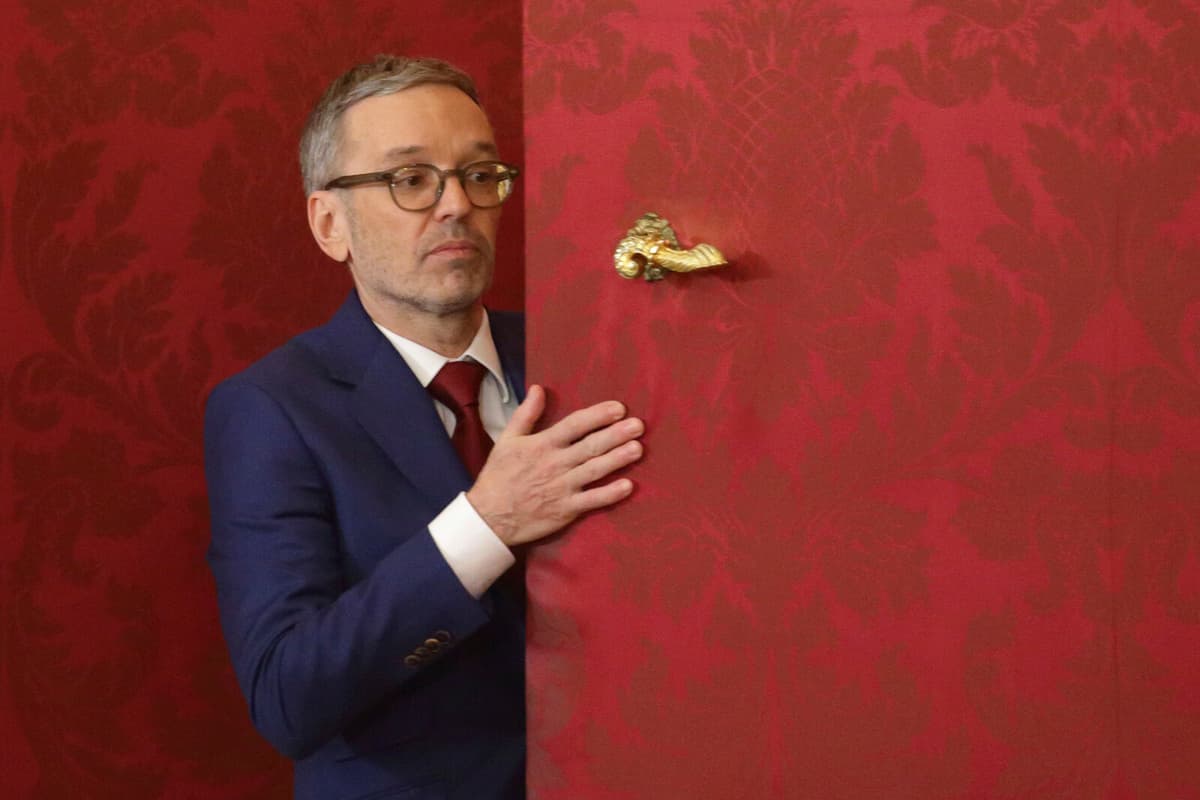The FPÖ leader Herbert Kickl has received the formal exploratory mandate from President Alexander Van der Bellen, who says it was not an easy decision to make.
I will continue to ensure that our constitutional principles and rules are respected and followed correctly, he says.
According to the president, Kickl is confident that he will find sustainable solutions in the coalition talks and wants to take on this responsibility.
When Austria went to the polls in September, the FPÖ became the largest party with almost 29 percent of the votes, but the party was then rejected by the other parties. The conservative ÖVP, social democratic SPÖ, and liberal Neos have negotiated ways to govern across bloc boundaries, but these negotiations broke down a few days ago.
As a result, Federal Chancellor Karl Nehammer announced his resignation. He also stepped down as leader of the conservative ÖVP – whose acting leader Christian Stocker has said he is willing to negotiate with the FPÖ.
The FPÖ stands for Freiheitliche Partei Österreichs (Austria's Freedom Party) and was founded in 1955 by former Nazis.
The FPÖ has long had close ties to Russian President Vladimir Putin and his party United Russia. During the annexation of Crimea in 2014, the party leadership sided with Russia and opposed EU sanctions.






